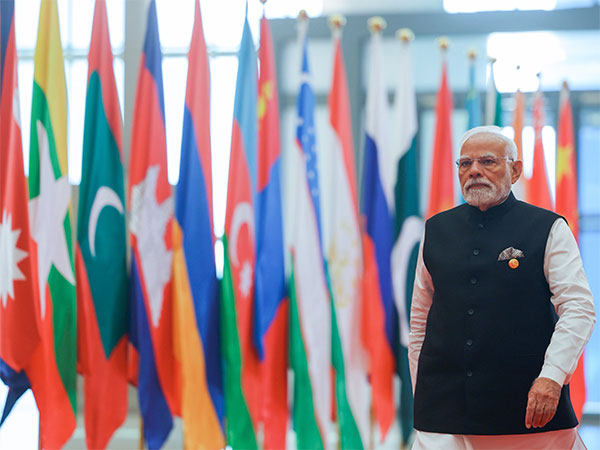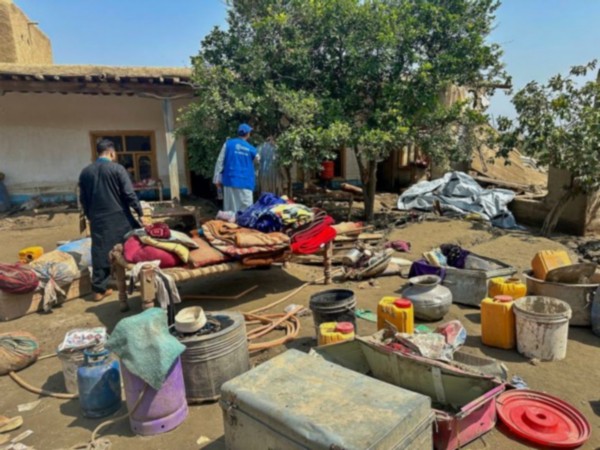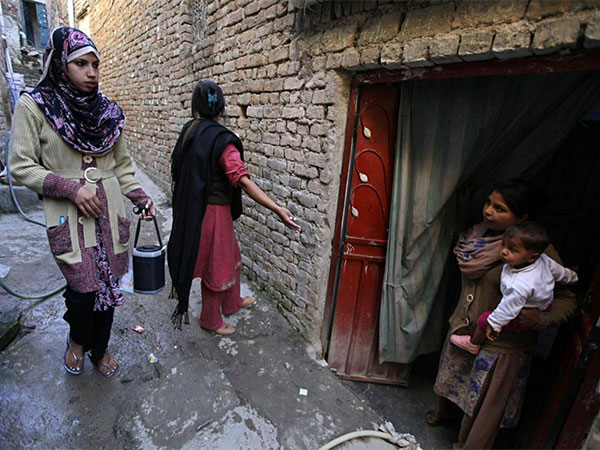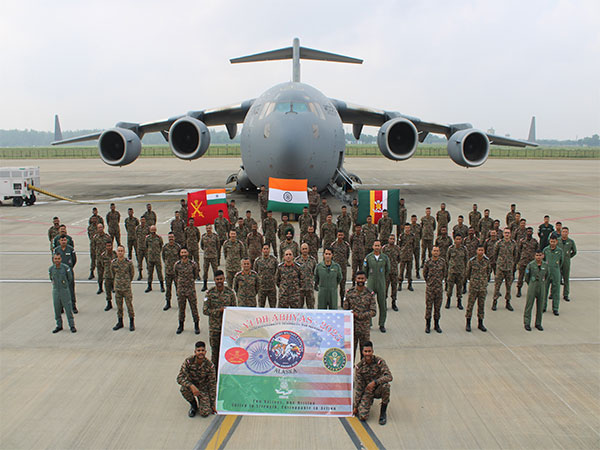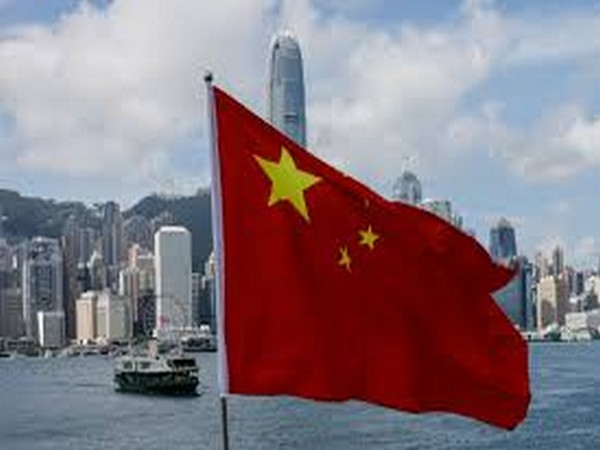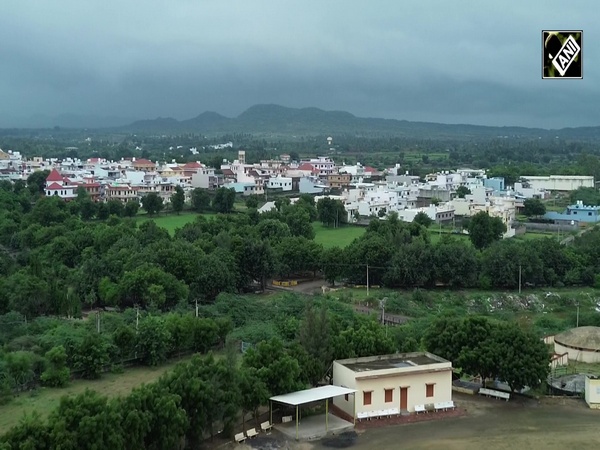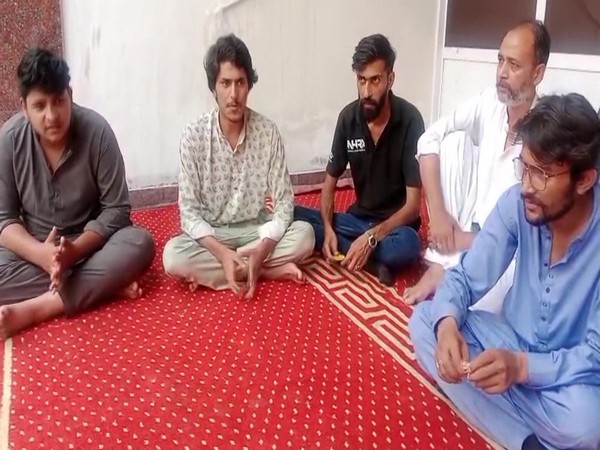
China's transnational crackdown targets activists abroad: Article 19 Report
Jun 13, 2025
London [UK], June 13 : The Chinese government's expanding campaign of transnational repression against demonstrators and activists residing abroad has been made public in a new report by the UK-based human rights organisation Article 19. The research, titled "Going Global: China's Transnational Repression of Protesters Worldwide," describes how Beijing routinely uses digital manipulation, intimidation, monitoring, and threats against family members within China to silence dissenting voices outside of its boundaries.
The research describes cases from 2011 to 2024 in 12 countries, based on comprehensive desk research and in-depth interviews with 29 exiled activists from Uyghur, Tibetan, Hong Kong, and Chinese dissident communities. These are democracies with legal protections for free speech in Asia, North America, and Europe. Citing Freedom House data that links Chinese state entities to roughly 30% of worldwide transnational repression instances since 2014, the research highlights the scope and extent of Beijing's repression.
The results show a trend of intimidation and physical violence, especially during high-profile diplomatic gatherings. At least 35 counter-protest organisations, purportedly affiliated with the Chinese United Front, were given travel and material support before facing pro-democracy protesters from Tibet, Hong Kong, and Uyghur communities during the 2023 APEC conference in San Francisco. Another concerning instance occurred in Manchester in 2022, when a demonstrator from Hong Kong was attacked on the grounds of the Chinese embassy, which prompted a response from the UK government.
Activists said that in addition to physical violence, their relatives in China frequently faced surveillance, police visits, and threats as a result of their overseas rallies. According to one Tibetan environmentalist working in India, officials regularly harassed his relatives in China as a result of his advocacy activity.
The paper also details how protests have been impeded by the usage of digital platforms. In one instance, Zoom terminated a premium account following a sizable online gathering honouring the crackdown in Tiananmen Square. Several activists also reported experiencing hacks, smear operations, and attempts to delete their social media accounts.
According to the report, state security services, Chinese embassies, consulates, and allied student and cultural organisations collaborate to keep an eye on and stifle critics overseas. Because these initiatives are frequently conducted with plausible deniability, it is challenging for host nations to properly respond.
The Chinese government has been urged by Article 19 to halt these abuses and revoke the domestic legislation that supports them. Additionally, it has called on host nations to provide law enforcement officers with training on how to identify transnational repression, protect targeted populations, and assist those impacted with mental health. Technology companies were urged to make their platforms more transparent and to put regulations in place to stop activists from abusing them.
The report concludes that despite the risks, many exiled activists continue their work undeterred, relying on solidarity networks to counter the fear Beijing seeks to instil. It warns, however, that China's campaign of cross-border repression is expanding and increasingly shaping the global landscape for human rights and freedom of expression.
